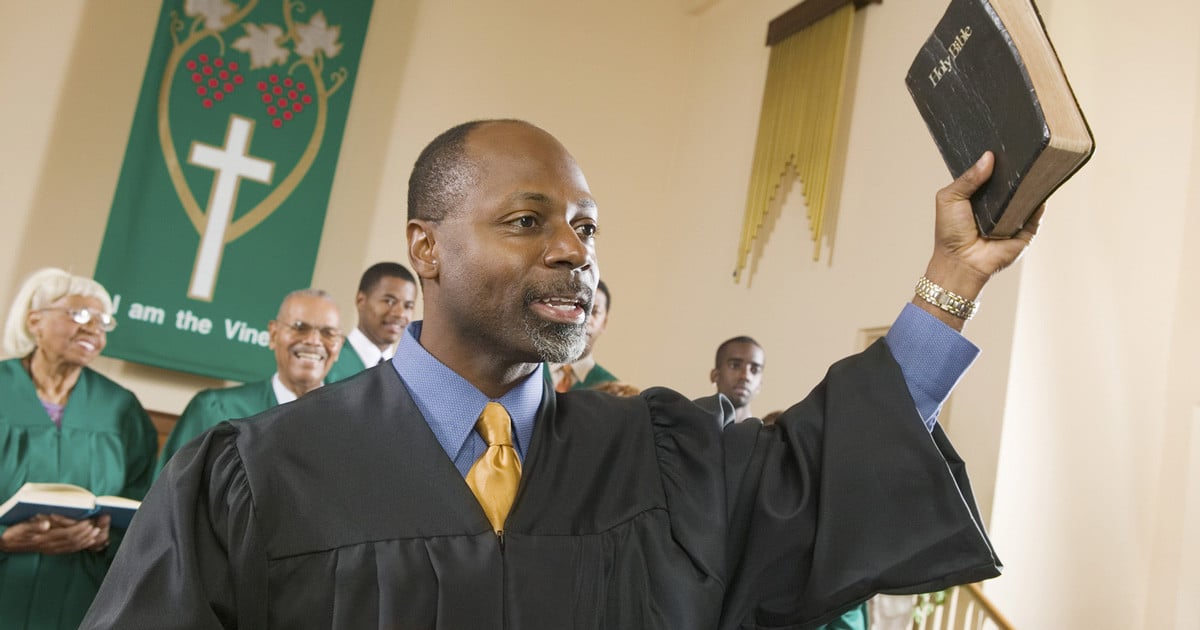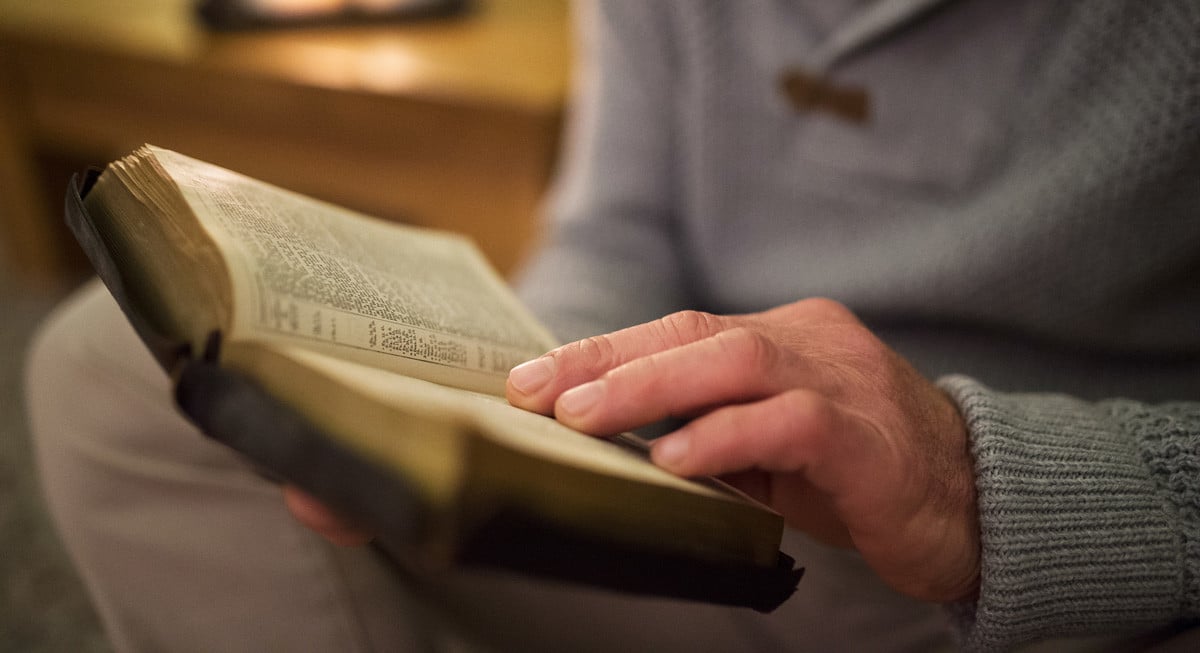While leaders of churches are often identified as “preachers,” there is much more to congregational oversight than conducting Sunday worship or being the resident theologian who expounds on Christian doctrine. Moses found himself a father and mother and friend and counselor to the large community of Israelites, so much so, in fact, that he sometimes complained to God about the toll it was taking on him. The role of Elders was first established under Moses’ leadership to expand the care of God in tangible ways to the people God loved. These Elders were so essential to the faith community that they became the identified and appointed leaders of the first Christian congregations as well. From among them, we learn by way of Paul’s pastoral letters, the first Christian “pastors” were found, gifted people who would teach and oversee congregational life. And, since the church is the Body of Christ, all of these leadership efforts take their cue from Jesus, the Good Shepherd. The course provides an overview of pastoral responsibilities and disciplines.
But how, exactly, does Jesus give shape to his Body in our current circumstances? We live in the “in-between” times, where salvation has come, but the world has not yet been completely reborn in its ultimate redemption. While we wait for Jesus, who began a good work in us, to finally make all things new, we hope in his goodness, tell of his love, and influence our societies with the grace of the Kingdom of God.
Three different scenarios have been offered in various parts of Jesus’ Body, as to how we should experience his direct authority through the leadership offices of the church:
- Some believe that Jesus handed the overall leadership of the church to a person (the Pope or the Archbishop of Canterbury) or an apostolic leadership team (the Patriarchs) who then appoints a system of leaders reaching all the way into every parish and congregation, but taking their cues from the hierarchy under the direction of the one(s) at the top. We call this the Episcopal system of church leadership.
- Some believe that Jesus guides his church first and primarily through each congregation, where the Holy Spirit guides members of the Body of Christ to select from among themselves those who have spiritual gifts of leadership. These leaders, Elders, Deacons and Pastors, shape congregational life, and bind their fellowship to other such congregations in broader assemblies called Presbyteries or Classes, often further extending common efforts in ministry and mission through Assemblies and Synods. We call this the Presbyterian system of church leadership.
- Some believe that Jesus’ authority and rule happens first and most directly in the hearts and lives of individuals who seek associations with other like-minded believers to form congregations and sometimes broader associations. We call this the Congregational system of church leadership.
Our approach at CLC lies within the Reformed tradition, built upon the expansive insights of John Calvin at the time of the Protestant Reformation, and thus within the Presbyterian understanding of church leadership and organization for ministry. Central to this theological approach are these emphases:
- The distinction between “regeneration” (God’s one-time act accomplished solely through the work of Jesus) and “sanctification” (God’s on-going transformative activity taking place in partnership with redeemed persons and communities).
- The “Presbyterian” form of church structure, built around the primacy (but not independence) of the local congregation governed by Elders and Deacons who are called and elected from the membership because of their obvious spiritual gifts.
- Appreciation of the sacraments as two in number (Baptism and the Lord’s Supper), each being a sign and seal of God’s redemptive love, but not actually transacting merit.
- Viewing the “Law of God” as not only normative for creation and as announcing human sinfulness, but also as guiding our redeemed response of sanctified living.












